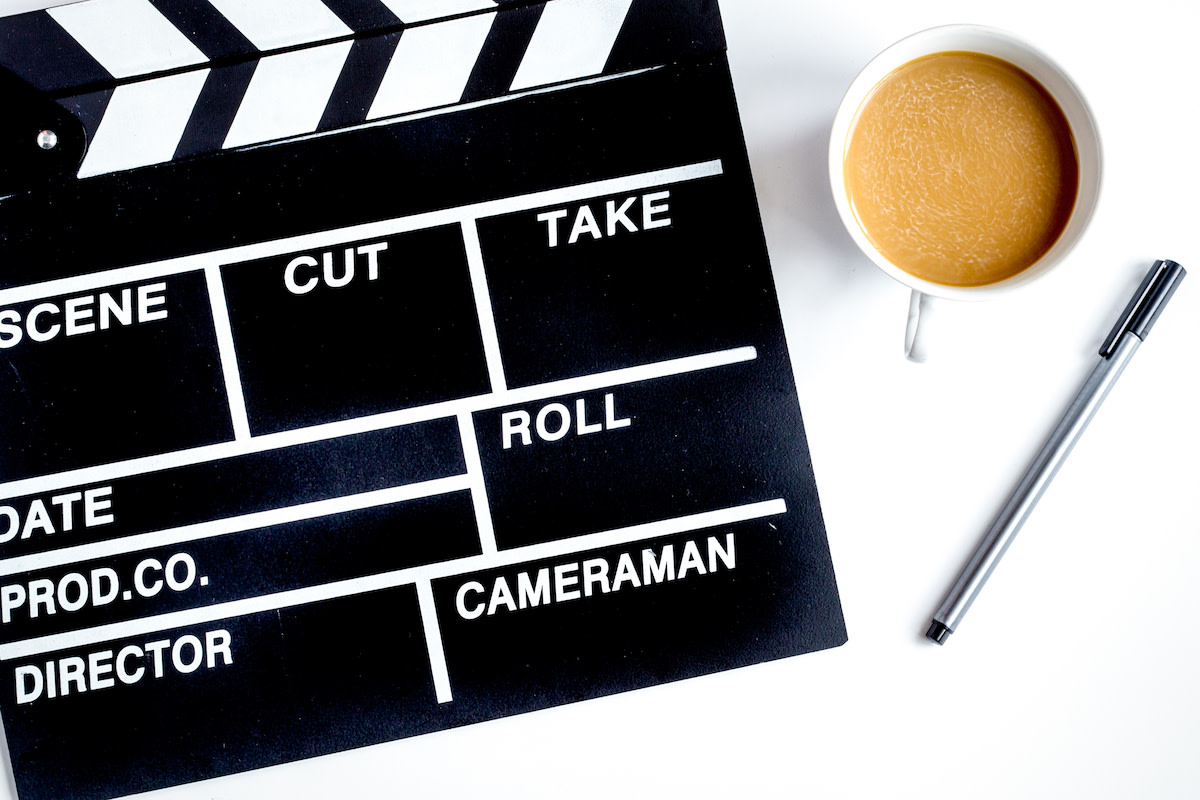Acting Tips: How to Be Successful at Your First Table Read
Written by MasterClass
Last updated: Sep 30, 2021 • 3 min read
One of the most exciting days in the production process is the day of the first table read. For actors, a table read can be just as important as an audition or an on-set performance.
Learn From the Best
What Is a Table Read?
A table read (also known as a read-through) is an organized reading of a script in which the speaking parts, stage directions, voiceover, and scene headings are read out loud. A table reading also provides an opportunity for the cast members, screenwriters, and other members of the production team to hear the script aloud for the first time.
A first read through usually occur towards the end of pre-production, before shooting begins. They can take place anywhere, from a small New York living room to a Hollywood studio backlot. All that’s required is a clean, comfortable location that can fit the participants, and a large table for the cast to sit around.
Why Is a Table Read Important?
The first table read is an essential part of the script development and writing process, as writers use them as an opportunity to fine tune their stories, sharpen their dialogue, and make other necessary screenwriting adjustments.
For actors, the first table read with other actors is an opportunity to discover a character out loud and begin making choices that will carry over into the actual performance.
7 Tips on Having a Successful Table Read
Actors should approach table reads with the same diligence and preparation as an audition or an on-camera performance. Here are the secrets to making a great impression at a table read:
- 1. Come prepared. Professional actors prepare for table reads the same way they would for an actual performance. Read through the script in advance. Break down your character and identify where performance choices can be made. Research references or words you are unfamiliar with so that you’re able to properly pronounce them. Having a strong familiarity with the source material will help you feel confident and prepared on the day of the table work.
- 2. Arrive early. It may sound simple, but arriving to a script read through 10 or 15 minutes early can make a huge difference. Give yourself as much time as possible to relax, socialize with the director and other actors, and look over the script again. This will help you feel comfortable in your environment and allow yourself to give your entire focus to the performance.
- 3. Don’t just read. A table read is your first opportunity as an actor to make character choices and show the entire creative team what you are capable of. Try to perform with the same energy level that you would if you were in front of a camera. A subpar table read performance can sometimes result in a part being reduced or an actor being replaced.
- 4. Make eye contact. Nobody is expecting you to have the entire script memorized for a table read. However, you should be familiar enough with the script so that your eyes are not glued to the table the entire time. Try to look up and make eye contact with your fellow performers. This will help you connect with your fellow performers and allow the creative team get a sense of the chemistry between the actors.
- 5. Make the most of a small part. Even if you only have a small role, commit and make choices as if you were the lead of a feature film. Most of the time, the film’s casting director attends the first read through, and a memorable performance in a small role could lead to a great opportunity later. For instance, a great performance of a tiny part in a sitcom could result in that character getting a large arc later in the series.
- 6. Bring a water bottle. Most table reads will provide water, but you should bring your own just in case! A table read for a feature film can often last two or more hours, and you don’t want a cough or a dry mouth to affect your performance.
- 7. Take notes. Bring a pen to jot down thoughts or questions in your script during the reading. These notes can often serve as reminders for further character exploration or questions you have for the director or screenwriter.
Become a better actor with the MasterClass Annual Membership. Gain access to exclusive video lessons taught by award-winning actors, including Natalie Portman, Samuel L. Jackson, Helen Mirren, and more.
